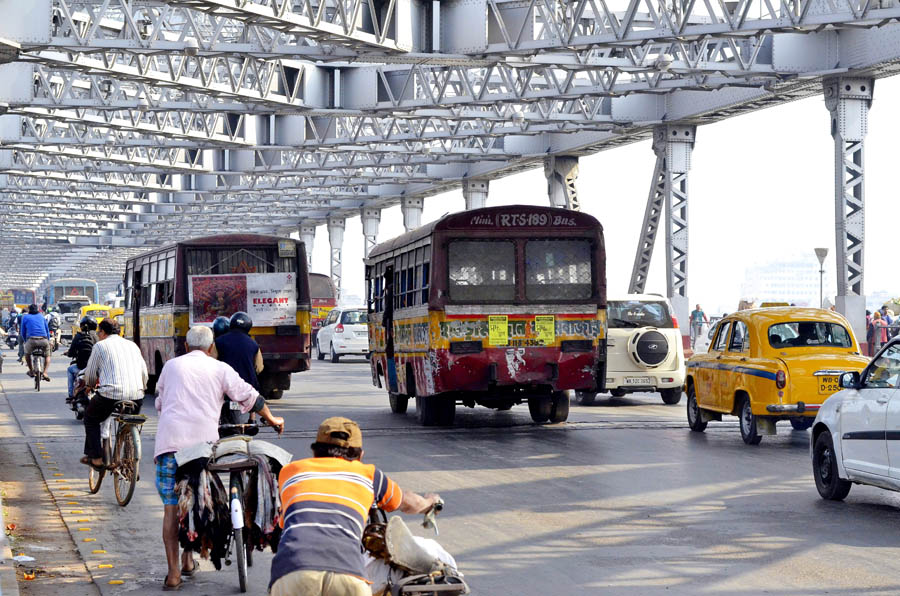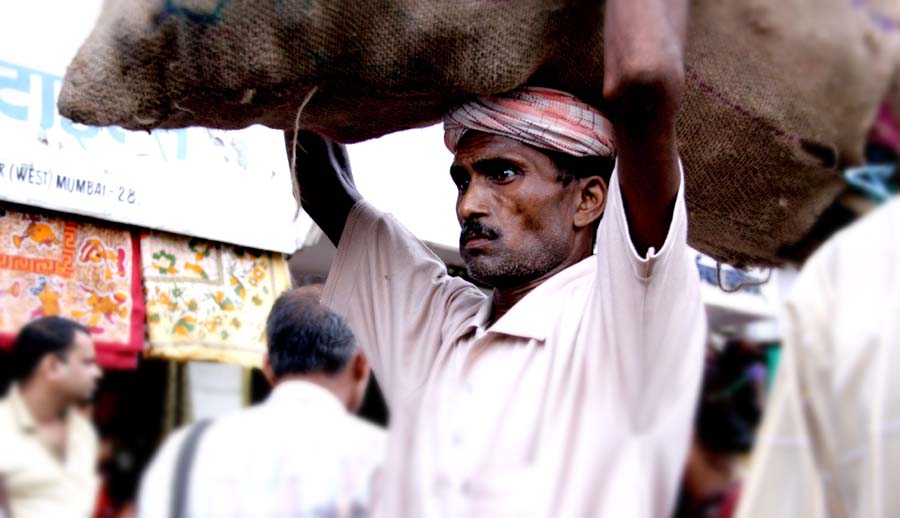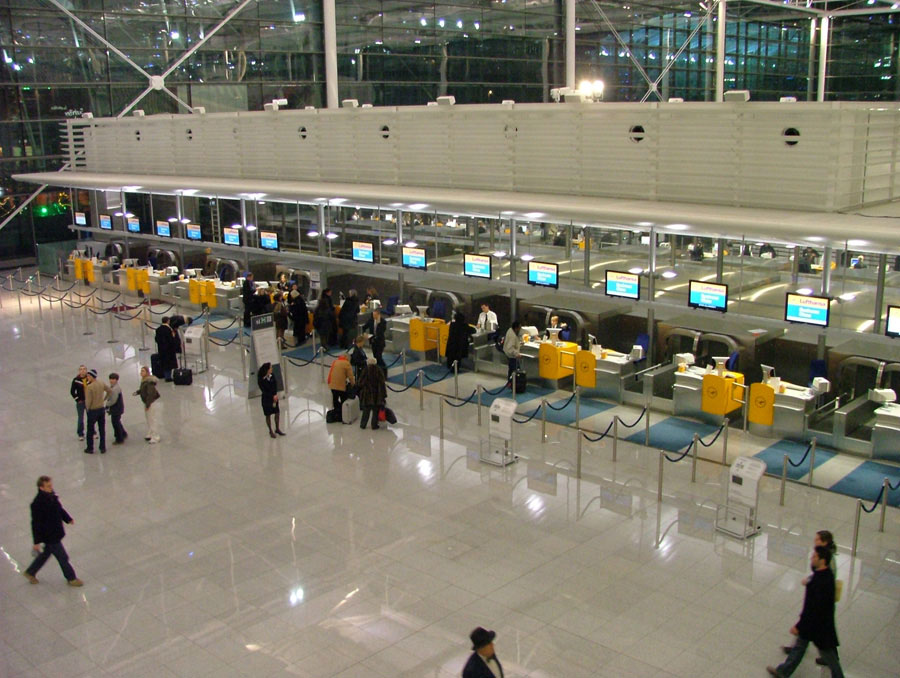Rural Migrants in the City



India is set to embark on a new chapter in its Polar exploration journey with the construction of Maitri II. The Indian government plans to establish a new research station near the existing Maitri ba...
.png )
The Deep Ocean Mission (DOM), approved by the Government of India in 2021 under the Ministry of Earth Sciences (MoES), represents a strategic step in realizing Sustainable Development Goal 14 (SDG 14:...

China recently announced restrictions on the export of seven rare earth elements (REEs), soon after US President Donald Trump decided to impose tariffs. As the world's dominant supplier—responsible fo...
Rural migrants in urban India contribute to economic growth and development. Yet, they remain marginalised and are particularly vulnerable in certain contexts. It is argued that migrants’ contribution...
Millions of people migrate, within and outside their country, to widen their livelihood prospects. The movement is central to the upliftment of living standards for migrants and their families. Using...
The author argues for the deployment of humanitarian philanthropy which a trans-South Asian can exhibit to support sustainable development in the countries of their origin particularly to achieve the...
Who goes abroad and why? The impact of going abroad for international assignments is usually gendered. While women make up nearly 35 per cent of the labour force in the Indian tech sector, a proportio...
Rural migrants in urban India contribute to economic growth and development. Yet, they remain marginalised and are particularly vulnerable in certain contexts. It is argued that migrants’ contribution to economic and national development be acknowledged and inclusive policies that support migrants’ right to the city, decent work and dignity be in place.

Millions of people migrate, within and outside their country, to widen their livelihood prospects. The movement is central to the upliftment of living standards for migrants and their families. Using the Kerala Migration Survey (KMS), 2018, this study attempts to examine the relationship between migration and upward mobility.

The author argues for the deployment of humanitarian philanthropy which a trans-South Asian can exhibit to support sustainable development in the countries of their origin particularly to achieve the Global Compact for Migration (GCM) objective through contributions in the fields of education and health.
